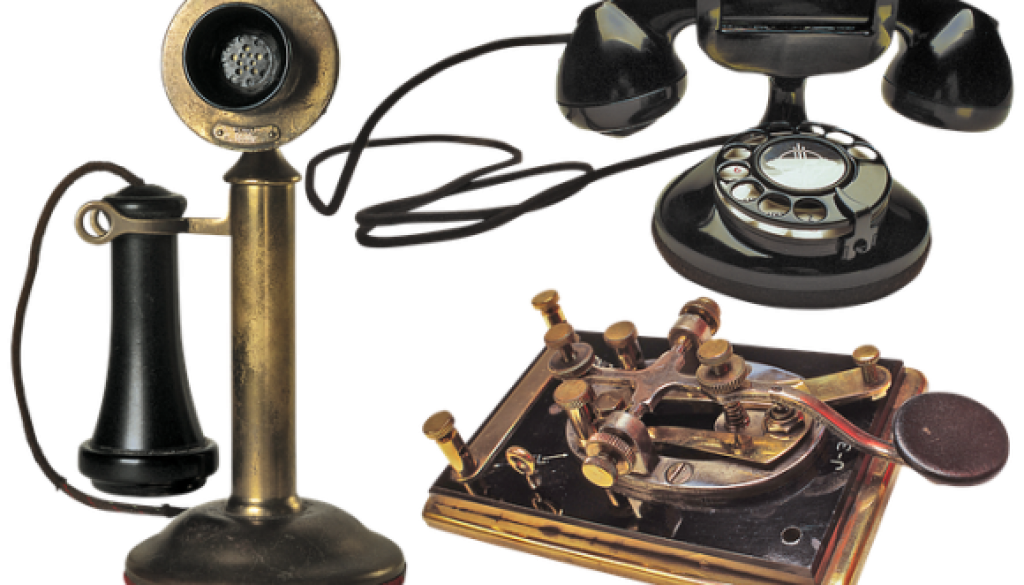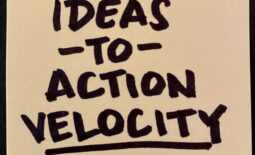Practical Value
While most people probably know that Alexander Graham Bell is credited with inventing the telephone, a lot fewer people will know that a man named Elisha Gray from Barnesville, Ohio actually documented the idea for the telephone in his journal almost a full month prior to Bell’s first sketch of his invention.
However, Gray’s business partners were all making a lot of money from Gray’s earlier telegraph-based inventions and denigrated the idea, telling Gray that it had “no direct practical application”. Even Elisha Gray’s patent attorney told him that the idea was a “scientific curiosity” — basically a novelty toy and not to be taken seriously.
When Elisha Gray finally decided that he would go ahead and patent his telephone idea, it was too late. Alexander Graham Bell narrowly beat him out for ownership because he had filed a mere two hours earlier.
It is impractical to let others decide the practical value of your ideas
Elisha Gray knew he had an interesting idea on his hands, even if he didn’t have a specific application for it at that very moment. Because he was unable to draw a direct line from idea-to-profit he left himself be influenced by others who were happy and making money off the status quo, instead of imagining the potential and future possibilities of Gray’s new “valueless” idea.
To Gray’s credit he did finally decide to file for a patent despite what his colleagues were telling him, but by then it was too late.
When you come up with a new concept (but don’t exactly know what to do with it), don’t ask people if they think it has value or worth. They don’t know.
They didn’t have the insight to think of the original concept (you did). What makes you think they would be able to assign a value to an idea they didn’t imagine in the first place?
Instead, spend time thinking about the uses of your concept.
Come up with as many different ways to apply your innovation as possible… both practical ways AND impractical ways to user your idea should be written down. Record as many as you can within a 30-60 minute period. Save the evaluation and criticism of those applications for later — right now you just want to record as many potential ways your new idea could be used at home, at the office, by kids, parents, professionals, etc.
Pretty soon you’ll have some many practical (and impractical) ways to use your idea that you can’t help but put a higher value on it.
It’s practically a runaway success already.
If you want to learn more about the stories behind “impractical” inventions like the telephone, pick-up a copy of Ira Flatow’s great book “They All Laughed…“



